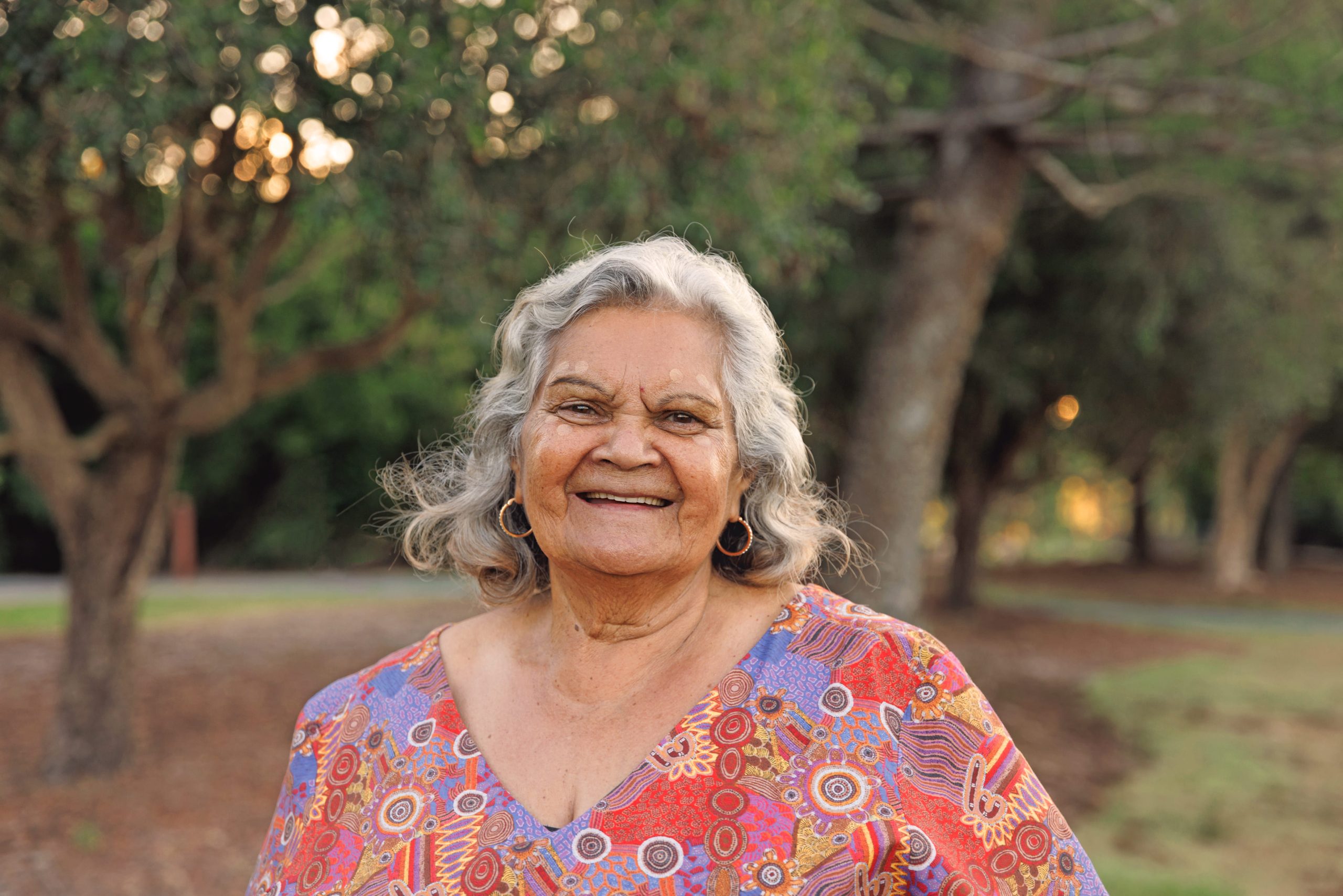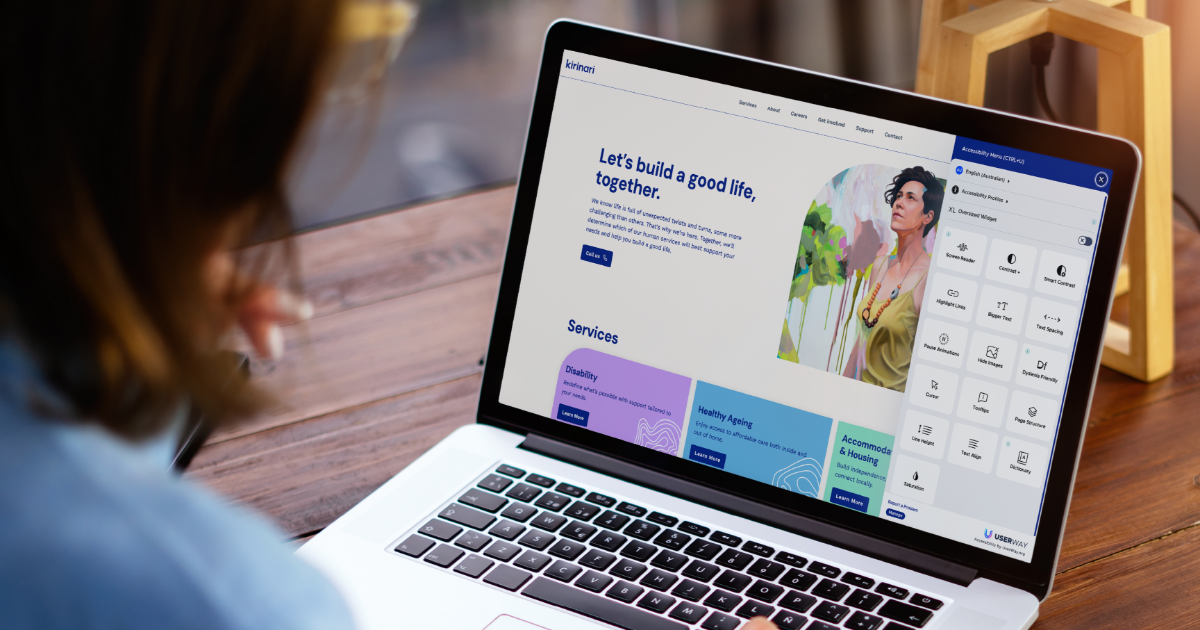Understanding Neurodiversity and Neurodiversity-Affirming Practice
September 17, 2024
You might have heard the terms “neurodiversity” and “neurodiversity-affirming practice” but wondered, what do they actually mean?
What is Neurodiversity?
The dictionary defines neurodiversity as the natural differences in brain functioning found across the human population. These differences, whether cognitive or neurological, are normal and shouldn’t be stigmatised.
Neurodiversity reminds us that every brain works in its own way, and inclusion should be the norm, no matter how someone’s brain functions.
What is Neurodiversity-Affirming Practice?
Neurodiversity-affirming practice embraces and celebrates these differences. It’s about viewing each person through the lens of strengths and interests, rather than focusing on deficits.
When we adopt a neurodiversity-affirming approach, we acknowledge and honour individual identities, supporting people to thrive in ways that make sense for them.
Language Matters: How We Talk Shapes Understanding
The words we use can shape how people view themselves and how they are perceived by others. Neurodiversity-affirming language can help foster positive attitudes in families, communities, and workplaces. Here are some quick tips on neurodiversity-affirming language:
- Special interest, not ‘obsession’
The term “obsession” can have negative connotations. Instead, try referring to these interests as “special interests” or “deep interests” to reflect that these are important, valued aspects of a person’s life. - Traits, not ‘red flags’
Behaviours or characteristics that some may view as “red flags” can be reframed as traits. Neurodivergence isn’t a problem to fix but a different way of being. - Describe support needs, not ‘low/high functioning’
Labels like “low-functioning” or “high-functioning” can be limiting and misleading. A more accurate approach is to describe a person based on their strengths, challenges, and the support they may need.
By adopting neurodiversity-affirming practices and language, we can create more inclusive environments where everyone is valued for who they are. Let’s shift our focus to celebrating differences and prioritising strengths!
Here are some other news articles that may interest you
For all media enquiries, please email:





